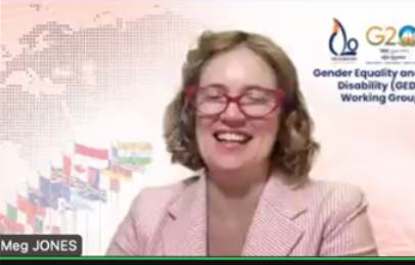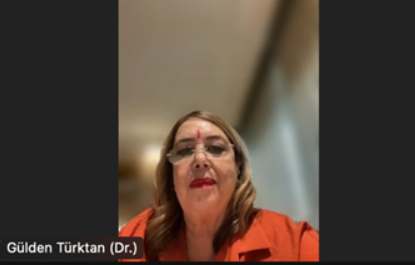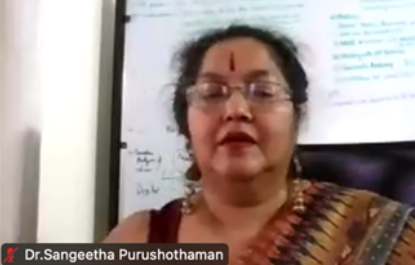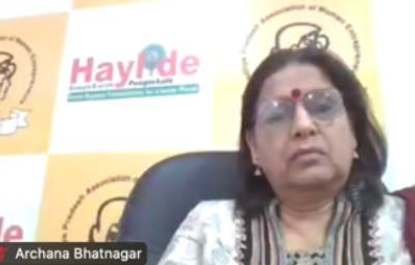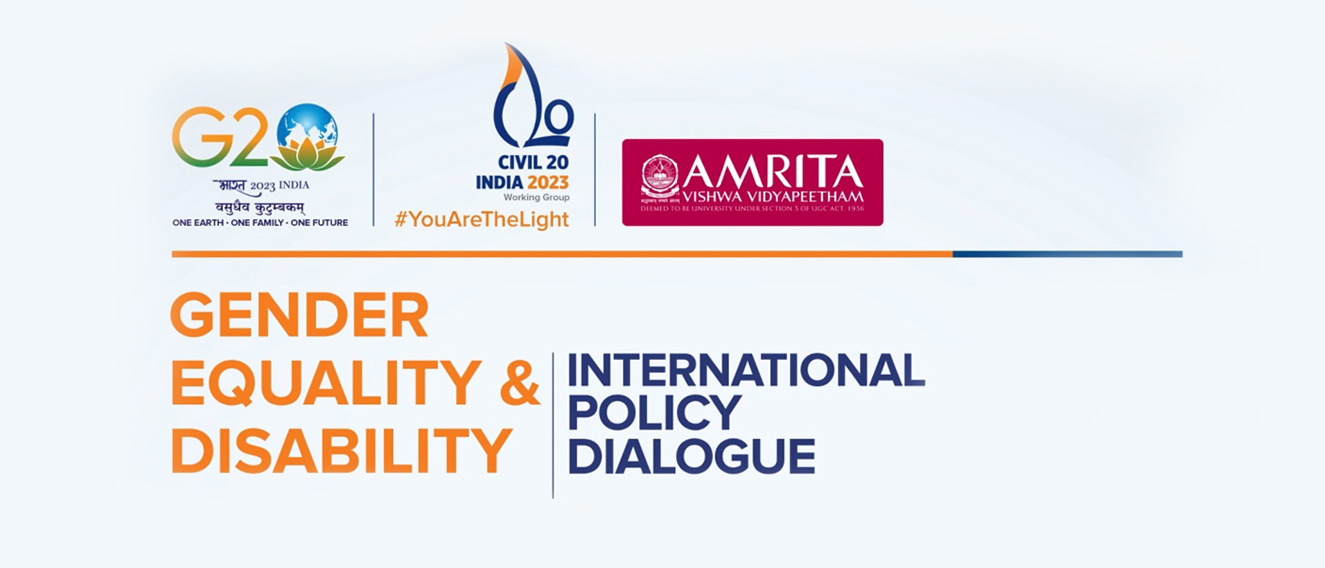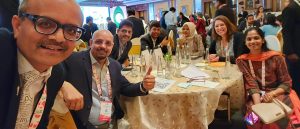The event featured six esteemed panelists from India, Indonesia, Jamaica and Turkey, and was attended by 50 participants from 10 countries who are committed to the C20 process. The webinar was moderated by Meg Jones, the C20 GED International Coordinator, and was conducted in a fireside-chat format.
The focus of the webinar was less on policy recommendations and more on implementation strategies that ensure new policies are effectively put into practice. Meg Jones created a forum for the panelists, who are renowned thought leaders, changemakers, and experienced policy advocates, to share their personal views on implementation strategies that anticipate the structural, social, and political obstacles that often hinder policy effectiveness.
Throughout the webinar, the panelists discussed various topics aimed at ensuring that women have a fair chance at contributing to and benefiting from global prosperity and sustainable development. The audience was also engaged through polls to understand their priorities on improving gender-focused policy implementation. The poll results identified that increasing awareness of existing policies and improving infrastructural access to government benefits are the most critical areas for improvement, which echoed the panelists’ discussions on effective policies.
Meg Jones then engaged each of the panelists, prompting them to share their insights on policy implementation strategies based on their diverse experiences and expertise. Patricia Francis, Former Executive Director of the UN’s International Trade Center and current Chairman for the Trade Facilitation Task Force, Government of Jamaica, emphasized the need to create a more inclusive ecosystem that translates policy to action, encompassing awareness, capacity building, access, and utilization. Archana Bhatnagar, Founding President of the Madhya Pradesh Association of Women Entrepreneurs (MAWE), highlighted the potential of women-run Federations, and stressed the importance of persistent engagement by civil society organizations (CSOs) and government support in procurement of funds and access to finances.
Tripti Shinghal Somani, founder of Womennovator, shared her experience in establishing supportive ecosystems and communities for women entrepreneurs in India and underscored the significance of community leadership in building policy-responsive ecosystems. Binny Buchori, founder and supervisory board member of PRAKARSA in Indonesia, discussed the role of CSOs in drafting policies that are more likely to be adopted by the government and emphasized the need for wider public support for gender equality issues.
Dr. Gülden Türktan, Founding Chair of the W20, reflected on the progress made by the G20 over the years and advocated for increased procurement opportunities, skill education, and government and industry support for women-run businesses. The panel closed with Dr. Sangeetha Purushothaman, Executive Director of the Best Practice Foundation, who shared how her organization successfully channels government funds to support women entrepreneurs and highlighted the role of women’s federations in building social capacity towards effective policy implementation.
Following the Panel, the audience participated in another poll, asking about their planned actions now that they have a deeper understanding of the policy and gender equality landscape. Many participants committed to engaging with local CSOs to support their activities and to contact local government representatives.
Overall, the webinar provided valuable insights from the panelists on implementation strategies for gender equality policies, ranging from creating inclusive ecosystems, improving communication and outreach, supporting women entrepreneurs through CSOs and federations, and advocating for policy changes at government and industry levels. The discussions emphasized the importance of persistent efforts, tenacity, and collaboration among various stakeholders to ensure that policies translate into meaningful actions that empower women economically and promote sustainable livelihoods.
